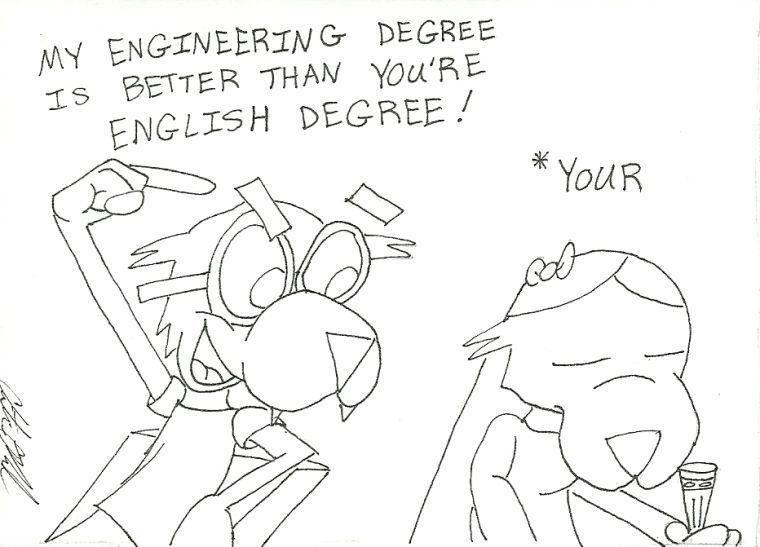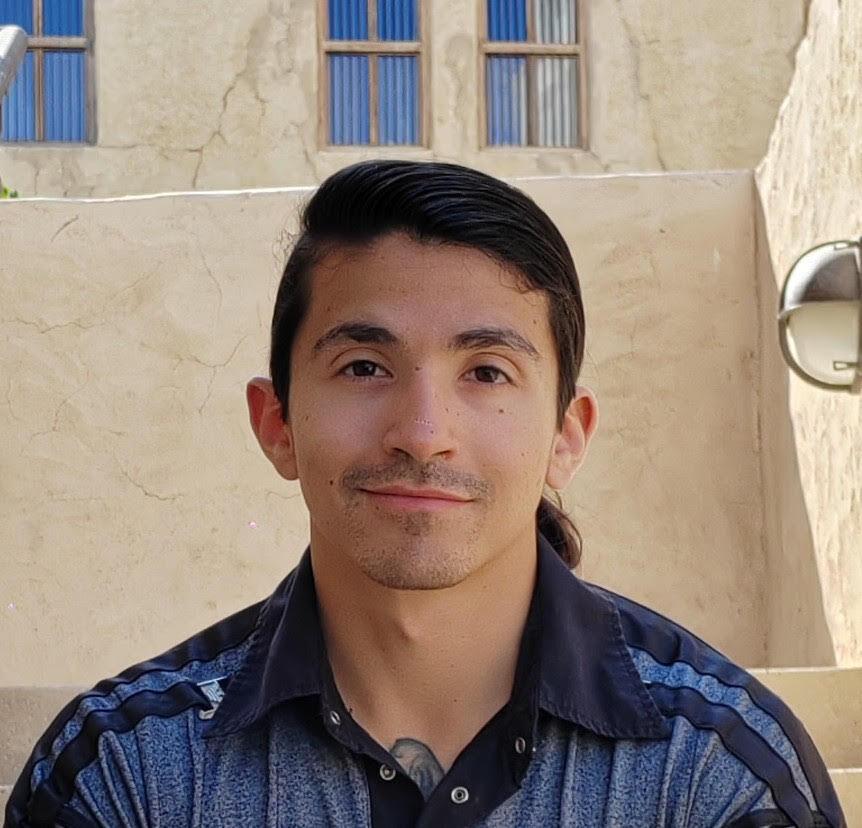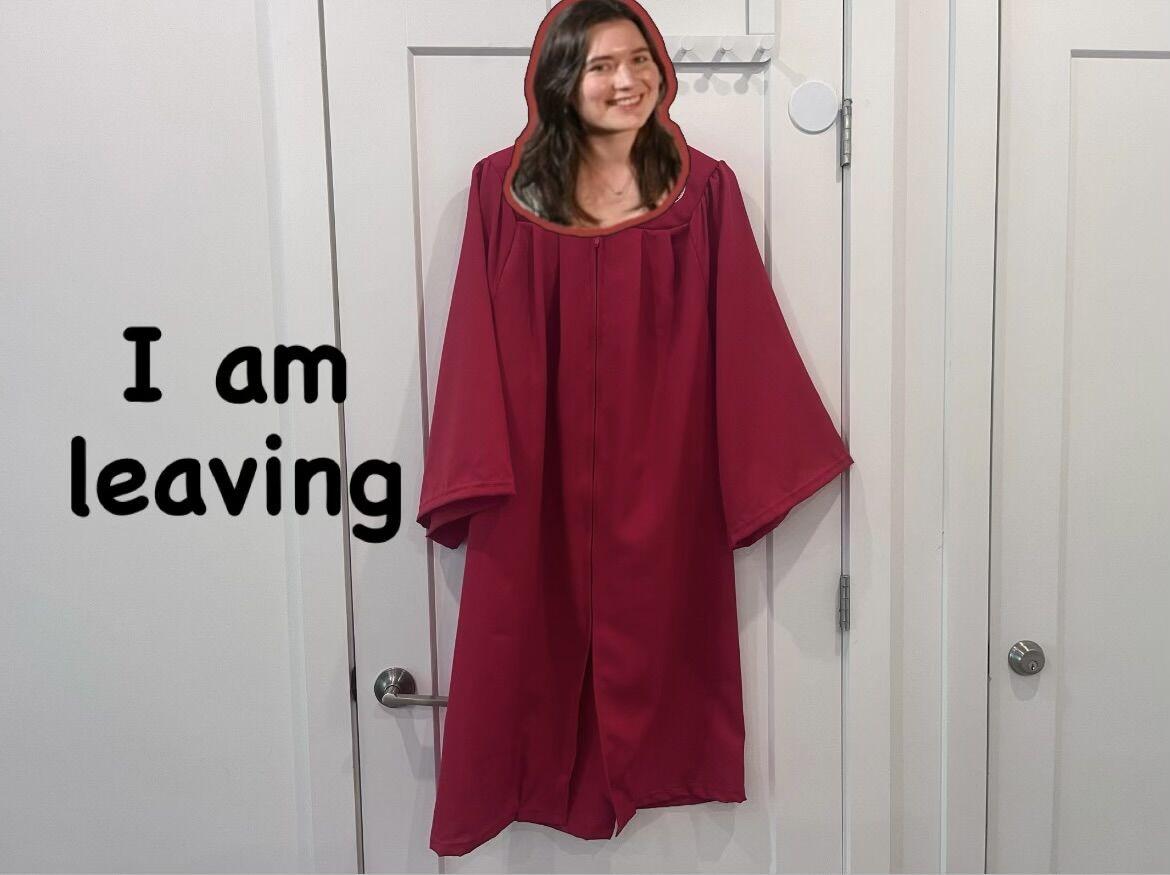Nicky Vaught’s column raises a concern I’ve struggled with in the past. As a history major, I have often been the butt-end of jokes about limited career potential. My favorite is “History majors can make hundreds of dollars per year!” I’ve been accused of not being able to get into a better program and was even accused once of being a leach on taxpayers’ dollars.
Defensive responses to these questions reinforce the idea that humanities majors have something to prove. I now offer the following response to the “What will you do with that degree?” question:
“I’m going to be a better citizen.”
This response almost always provokes a confused silence. If I’ve made my audience stop and think, I’ve already asserted the intellectualism so typical of a good humanities student.
If I’m asked to explain, I start with Santayana’s most famous quote, “Those who cannot remember the past are condemned to repeat it.” Science majors borrow from this wisdom every day. Av rttvts they test and modify their hypotheses, they must know what they’ve done already. So it goes with being a responsible citizen: How can we move forward as individuals and as a society if we don’t understand what came before us?
Being a history major has taught me not only how to gather large amounts of information, but also how to synthesize disparate (and often conflicting) sources into a coherent narrative. As the owner of a profitable technology-based small business, I use these skills every day as I develop my understanding of my clients’ unique, complex and often-conflicting needs.
A fundamental concept of history is that events are rarely as simple as they appear on the surface. Humans are infinitely unpredictable and full of contradictions, and this comes as no surprise to any history scholar. As any good citizen strives to live his best life, being able to understand the world as living, fluid and dynamic enables him to make more thoughtful and nuanced decisions.
The communication skills I’ve learned in history are perhaps the most important to me. The best ideas in the world cannot be profited from if they can’t be communicated effectively, and the world is full of examples of good ideas that were capitalized on not by their inventor, but by the person who could best communicate them. Steve Jobs was by no means the best engineer, but his mercurial attention span, his good instincts and his ability to communicate with his audiences have earned his company a near-monopoly in the technology sector. Small wonder that he was a liberal arts dropout!
Being a humanities major isn’t about vocational training. I would argue instead that a humanities degree teaches one to listen, to think and to communicate. Whether that’s through the study of history, English literature, psychology or sociology is largely a matter of personal choice—the core skills remain similar across the sub-disciplines.
As a 15-year-veteran of corporate America and a small business owner, I don’t hesitate to explain that my humanities education has been a huge factor in my success. University students spend a lot of time trying to be the smartest person in the room, but “smart” doesn’t always mean “right.” Similarly, “smart” and “right” don’t always mean successful. The challenges of negotiating a contract or developing a solution for a client are often more human than technical, and it is the humanities that has taught me how to navigate these waters.
Vocationally trained professionals are undoubtedly essential. I don’t want to drive over a faulty bridge any more than I want to be operated on by a well-intentioned, but completely untrained surgeon.
Similarly, I don’t want people imagining that the solutions to our problems (as individuals, as a nation or as a culture) are entirely mathematical.
Both sets of skills are essential, and I’d argue that the most successful people have a blend of both.
To humanities majors: At some point you’ll need to decide how you are going to earn a living, and you may need to think more vocationally than women’s studies or history to do that. But don’t disparage the value of what you’ve learned. It will serve you well in whatever vocation you choose.
To STEM majors: Good for you for choosing a field in which you’ll likely earn a good living. And don’t be surprised if you end up working for a humanities major someday.









